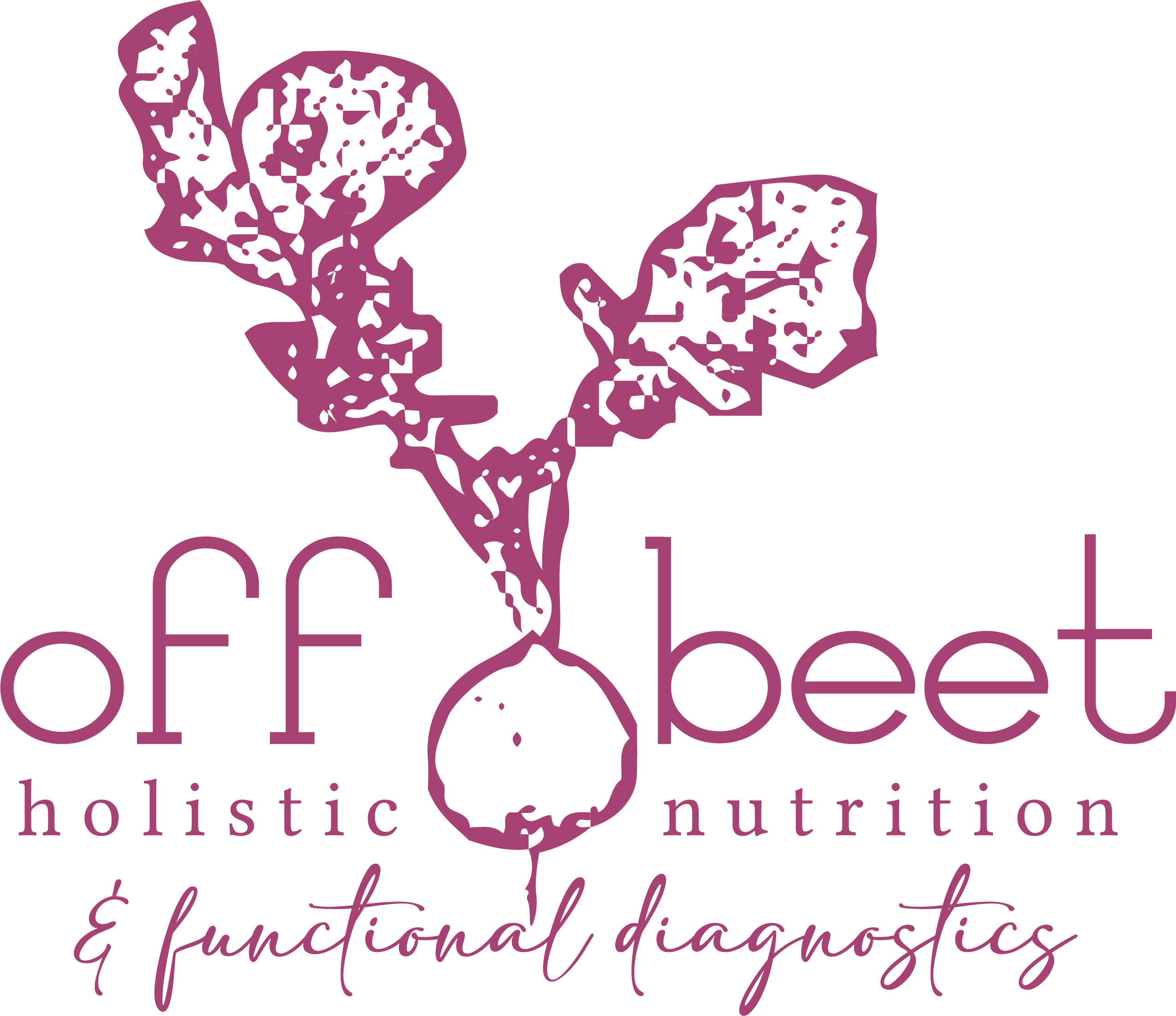Is Stress the Biggest Factor in Your Digestive, Hormonal, or Nervous System Chaos? Feel like you...
Healing Gas, Bloating, and Burping from Within
Functional Approaches to Bloating, Gas, and Burping: A Holistic Guide
Digestive issues like bloating, gas, and burping are common discomforts that can disrupt daily life. While occasional symptoms may arise from overeating or consuming gas-inducing foods, persistent digestive issues often point to deeper imbalances in the body. Taking a functional medicine approach focuses on identifying and addressing the root causes of these symptoms rather than merely suppressing them.
Let’s explore the functional approaches to managing bloating, gas, and burping, and how you can naturally improve digestive health.
1. Understanding the Root Causes
Functional medicine practitioners see bloating, gas, and burping as signals of underlying issues that need to be addressed. Some of the common root causes include:
-
Imbalanced Gut Microbiome: The gut is home to trillions of bacteria that play a critical role in digestion. Dysbiosis, or an imbalance between beneficial and harmful bacteria, can cause excessive gas production, leading to bloating and discomfort.
-
Food Intolerances and Sensitivities: Certain foods can trigger digestive issues for some people, such as lactose, gluten, or FODMAP-rich foods. These foods may ferment in the gut, causing gas and bloating.
-
Insufficient Digestive Enzymes: Poor digestion can result from a lack of digestive enzymes. These enzymes break down food properly in the stomach and small intestine. If food isn’t broken down effectively, it can ferment and produce gas. Digestive enzymes decrease in production with stress, gallbladder and liver sluggishness, and even H.Pylori infections.
-
Low Stomach Acid (Hypochlorhydria): Adequate levels of stomach acid are essential for breaking down food, especially proteins. Low stomach acid may lead to incomplete digestion, causing symptoms like gas and burping. A GI-Map can reveal H.Pylori infection, bacterial overgrowth, or mucosal barrier inflammation that may be contributing to this.
-
Small Intestinal Bacterial Overgrowth (SIBO): In SIBO, bacteria overgrow in the small intestine where they shouldn’t be, causing fermentation of food, gas production, bloating, and other digestive symptoms. SIBO often comes from a diet to high in saturated fats and starches, as well as gut microbiome infection.
-
Stress: Chronic stress can negatively affect gut motility, the production of digestive enzymes, and the balance of gut bacteria, all of which can exacerbate gas, bloating, and burping.
2. Test Instead of Guess:
Functional lab testing can be a great tool to unravel the root causes behind these yucky symptoms.
- GI-Map Testing: a stool test that analyzes the makeup of the gut microbiome and intestinal lining.
- Metabolic Wellness Panel: a urine test that reveals Indican (measure of protein breakdown), Bile Acids (measure of fat digestion) and Oxidative stress (measure of detoxification)
- Organic Acids Testing: a urine test that measures the body's ability to detoxify and absorb the foods consumed.
- Food Sensitivity Testing: a blood test that reveals the immune response to dietary choices.
3. Address with Diet:
Adjusting your diet is often the first step to managing digestive symptoms.
- Reduce sugar and starches: fermentation in the gut often happens from excess carbohydrate intake.
-
Probiotics & Fermented Foods: Incorporating probiotics can help balance gut bacteria. Foods like sauerkraut, kefir, and kombucha are rich in probiotics. Probiotic supplements can also be considered after consulting with a healthcare professional.
-
Adequate Fiber Intake: Insoluble fiber helps bulk up stool and promote regular bowel movements, while soluble fiber aids digestion and absorbs water. A balance between these types of fiber can improve gut function.
-
Hydration and Timing: Drinking water throughout the day supports digestive processes, while eating slowly and chewing thoroughly prevents swallowing excess air, which can cause burping and gas.
In addition to dietary changes, supplements can play an important role in addressing specific digestive issues.
-
Digestive Enzymes: Supplementing with digestive enzymes can help break down carbohydrates, fats, and proteins, preventing gas formation and reducing bloating.
- Digestive Bitters: Bitter herbs can stimulate gastric juice production and create better motility. These include dandelion, ginger, gentian, and arugula, among others.
-
Betaine HCl (for low stomach acid): If low stomach acid is contributing to incomplete digestion, supplementing with betaine HCl can increase acidity in the stomach, aiding digestion and preventing fermentation of food.
-
Herbal Supplements for Gas Relief: Herbs such as ginger, fennel, and peppermint can help soothe the digestive tract and reduce bloating and gas.
-
Activated Charcoal: This supplement binds to gas-causing compounds in the intestines, helping to reduce bloating and gas buildup. However, it should only be used occasionally and with the guidance of a healthcare professional.
- Liver/Gallbadder Nutrients: Cleansing herbs include milk thistle, dandelion root, berberine, betaine.
*If your symptoms persist despite making changes, it’s important to consult with a healthcare provider to rule out more serious issues and to get a personalized treatment plan. None of the above is to be considered medical advice.*
Bloating, gas, and burping are common, but they don’t have to be a part of daily life. A functional approach to digestive health focuses on uncovering and addressing the root causes through personalized strategies. By making targeted dietary changes, using supplements, managing stress, and implementing gut-healing practices, you can support optimal digestion and restore balance to your gut.
Taking charge of your digestive health is the first step to long-term wellness!
Curious about digging deeper into your own health?
Book a free 15 min phone call with me to see if functional nutrition is the right thing for you!
Always rooting for you!
- Allie CHN, FDN-P
Allie is a Functional Diagnostic Nutrition Practitioner located in Birmingham, Alabama. She helps women across the country online and in her hometown office dig deeper into their root health issues and find holistic healing!




